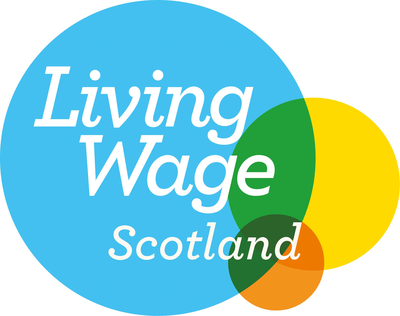By Libby Eavis, Company Director of Grandview House & Mains House
For many years, the female dominated health and social care sector has been seen as an unskilled workforce and has suffered from underfunding for this reason. It is now time we started looking at this sector, and women’s role within it differently.
Each role within the care sector is highly skilled from nurses, housekeepers and care assistants to finance and administrative workers. It is important that we recognise these incredible women as role models. These are women with a huge set of skills who often work long hours in highly demanding, multi-functional and complex roles.
While, as a society, we have begun to look at women’s access to high powered roles within large, corporate and international companies, we haven’t highlighted the entire sectors that are dominated by women and asked the question; why are these sectors so low paid?
It is so important to pay women, especially in the social care sector, the real Living Wage. Women within the sector should be highlighted and seen as role models to the younger generation. One of the ways we have done this already, is by making it a regulatory workforce, with further training and education. Care staff must now have a minimum of SVQ 2 within 5 years of employment. However, we must also ensure the sector is resourced appropriately so that women can be paid, not only the real Living Wage as a minimum but far beyond that.
We talk about the glass ceiling for women across all sectors, but women in health and social care are stuck on the wage floor. We must ask, would we even be having this age-old conversation if the workforce was made up predominantly of men? We must ensure that jobs deemed to be ‘women’s work’ are no longer undervalued, and that reward is based on value and skills, not based on gender.
Payment of a real Living Wage would have a significant impact on the lives of women, particularly within the social care sector. Whether we like it or not, women are often the ones staying at home, looking after the household and taking care of children. It is important that women have the opportunity to return to work and their career at any stage in life and health and social care can be a fantastic career opportunity, for life, for anyone.
Women should feel comfortable taking gaps in employment to have children, if they wish. They should also be able to return to the workforce, with an opportunity for progression, if they want it. Women shouldn’t have to choose between career or family – these choices should sit in harmony together.
The work in health and social care is complex and demanding and the right for equal and fair pay is vital in this female dominated sector. The low pay associated with the care sector reflects the undervaluation of “women’s work” in our society, and this needs to change. It also makes me question if we are missing an opportunity to use the experience of this pandemic to trigger change in our society and close the gender pay gaps that exists today. In 2021, it saddens me that I am continuing the argument that begun in my mum’s generation and more than 12 months into the pandemic we are still fighting for fair pay for women.
All women are remarkable, and all women have the right to be paid fairly and equally, regardless of which sector they work in. By ensuring the payment of at least a real Living Wage in the health and social care sector, we can begin to tackle women’s in-work poverty.
